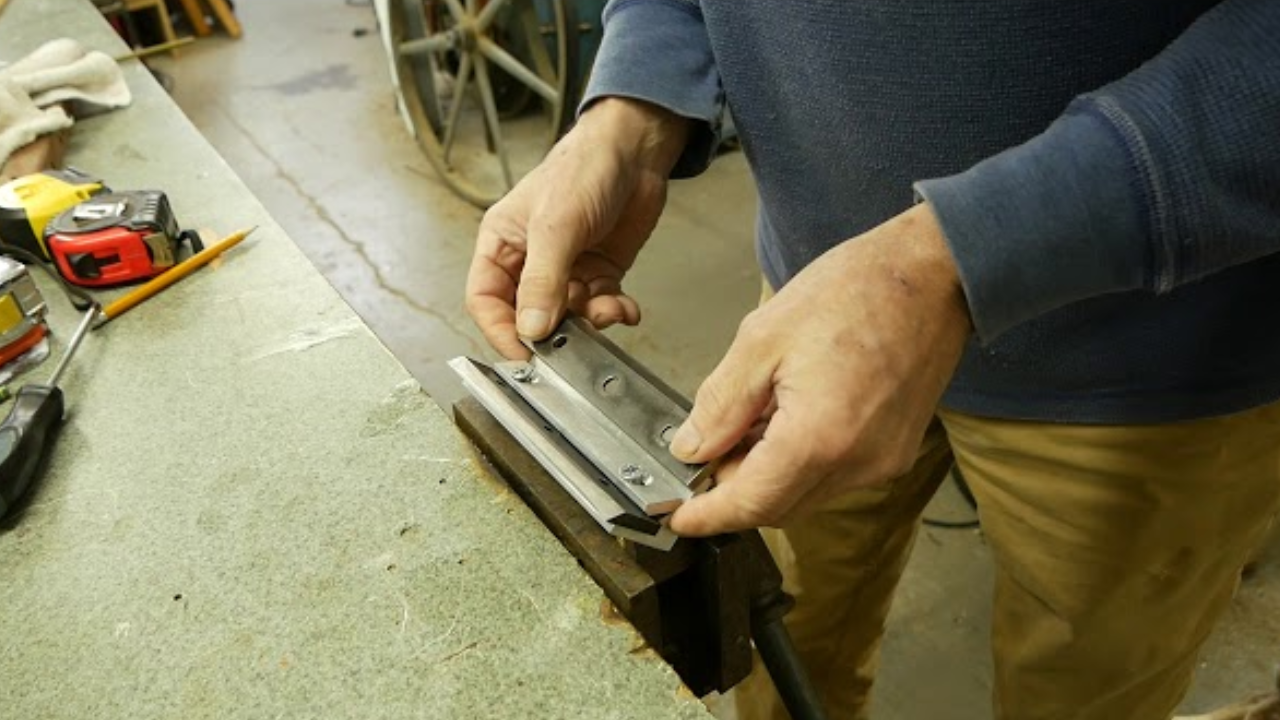Torrent is currently self-employed, providing consulting services to businesses in need of expert advice and support. Gary is passionate about helping businesses achieve their goals, and he looks forward to continuing his successful career trajectory for many years to come.

Wood chippers play a crucial role in the forestry and landscaping sectors and serve as indispensable tools that convert branches and wood waste into valuable wood chips. At the heart of their operational prowess lies a critical component, the wood-chipper teeth. These teeth endure rigorous wear and tear during the chipping process.
Recognizing the key signs that indicate the need for wood chipper teeth replacement is crucial for maintaining optimal performance and ensuring the longevity of the equipment. In this comprehensive guide, we delve into the telltale signs that suggest it’s time to replace your wood chipper teeth, offering valuable insights for operators and professionals in the wood-chipping industry.
Significance of Wood Chipper Teeth
Wood chipper teeth play a pivotal role in the efficiency of wood chippers, serving as the cutting elements that enable the machine to process wood and organic materials. These small yet robust components are responsible for the precision and effectiveness of chipping operations, impacting the overall performance and productivity of the wood chipper.
The significance of well-maintained and properly functioning wood chipper teeth lies in their ability to ensure a smooth, consistent, and efficient chipping process, contributing to the success of tasks in forestry, landscaping, and land clearing.
Primary Clues that Wood Chipper Teeth Need Replacement
Here is the list of key signs that show that it is time to replace the wood chipper teeth:
Diminished Chipping Performance
One of the primary indicators that your wood chipper teeth may require replacement is a noticeable decrease in chipping performance. If the machine struggles to process wood efficiently or produces irregularly sized chips despite proper feeding, it could be a clear sign that the teeth have dulled or sustained damage.
Irregular or Misshapen Wood Chips
An inspection of the quality of the wood chips produced by the wood chipper provides a visual cue into the condition of the teeth. If the chips appear irregular, misshapen or exhibit inconsistent sizes, it indicates a loss of sharpness in the teeth. Dull or damaged teeth struggle to cut through wood cleanly, resulting in poorly shaped chips.
Increased Vibrations and Unusual Noises
Excessive vibrations and unusual noises during wood chipper operation can be indicative of teeth issues. Damaged or unevenly worn teeth can cause imbalances in the machine, leading to vibrations. Unusual noises, such as grinding or clunking sounds, may also signal that the teeth are not functioning optimally.
Material Jamming and Difficulty Feeding
Wood chipper teeth in good condition should efficiently process wood and organic materials as they are fed into the machine. However, if you experience frequent material jams or difficulty in feeding materials, it may indicate that the teeth have lost their sharpness or sustained damage.
Visible Signs of Wear or Damage
Routine visual inspections of the wood chipper teeth are essential for early detection of wear or damage. Signs such as chipped edges, cracks, or visible dullness on the tooth surfaces are clear indicators that replacement may be necessary. Inspect the tooth edges as uneven wear patterns suggest imbalances that can impact the performance of the wood chipper.
Increased Fuel Consumption
A notable increase in fuel consumption without a corresponding improvement in chipping output can be a subtle yet significant sign of tooth wear. As the teeth lose their sharpness, the chipper’s motor compensates by consuming more fuel to maintain operational speed.
Frequent Sharpening Becomes Ineffective
Wood chipper teeth require periodic sharpening as part of routine maintenance. However, if you find that the teeth need more frequent sharpening, and the sharpness does not translate to improve chipping performance, it may be an indication that the teeth have reached the end of their usable lifespan.
Final Verdict
Recognizing the signs indicating the need for wood chipper teeth replacement is crucial for maintaining optimal performance. From diminished chipping efficiency to visible wear and increased vibrations, addressing these indicators promptly ensures safe and efficient wood chipping operations, extending the overall lifespan of the equipment.
